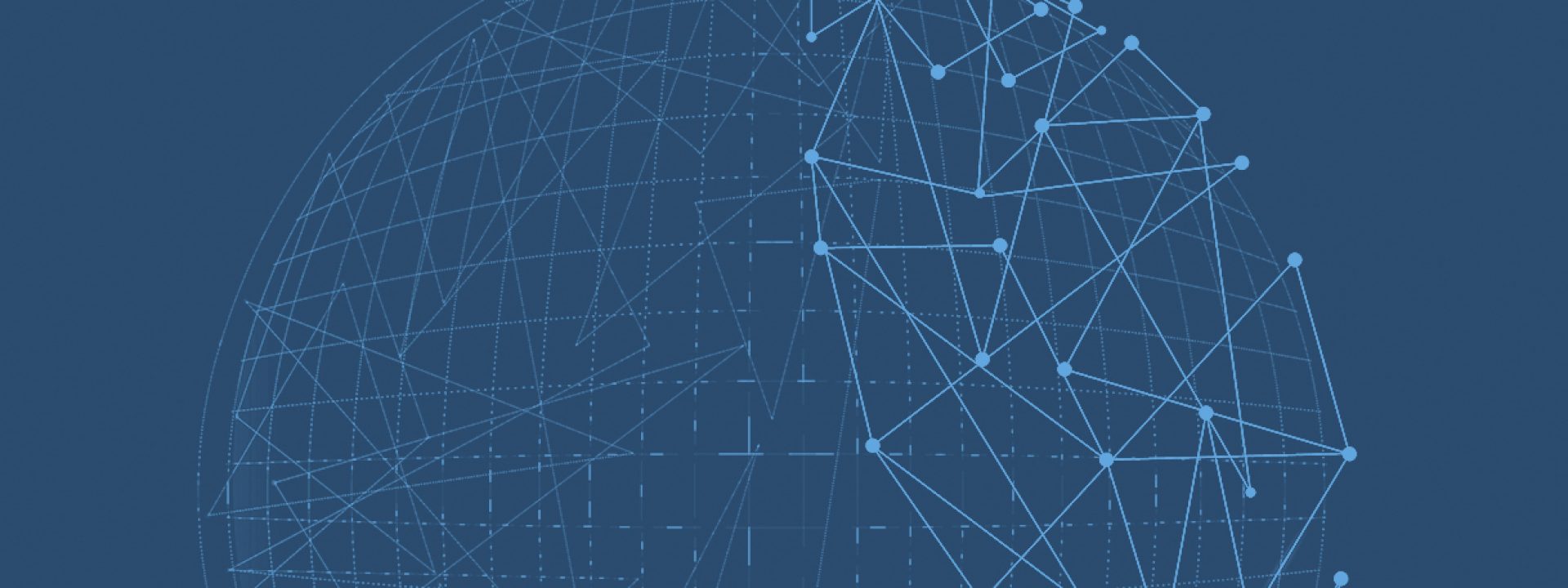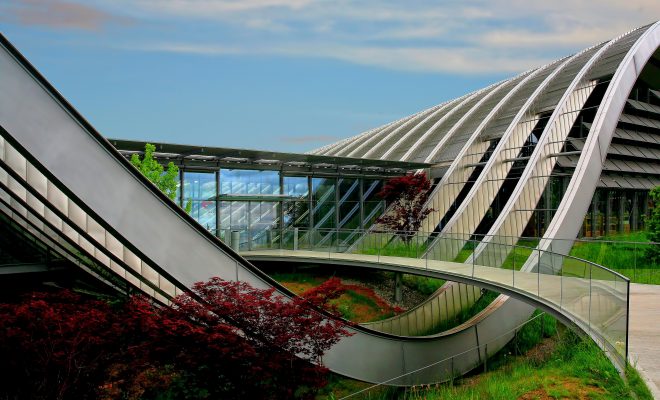The fight for efficiency in the use of water inevitably involves technology. The extent of this involvement is a question that remains unanswered, but it is highly probable that in less than two decades the advances in digitalization will allow us to control nearly all aspects of human activity and, particularly, the consumption of goods and services. Among them, the importance of water will increase year after year due to the demographic demand and climate change. We are heading towards it and this technological future promises enormous benefits for mankind, although there are also serious threats that need to be avoided.
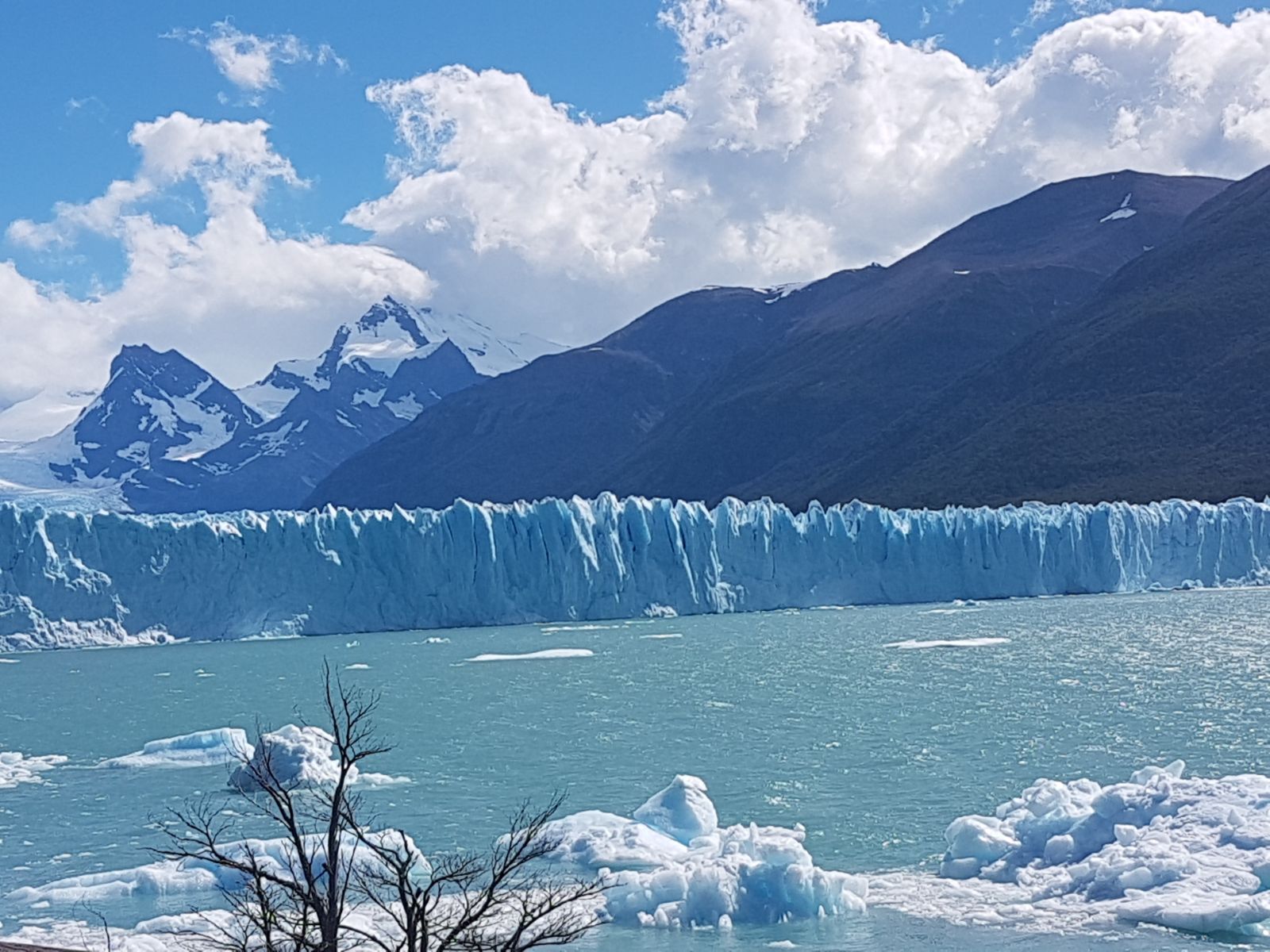
Artificial intelligence linked to big data provides new and hopeful prospects for the development of nature-based solutions to restore the health of ecosystems. © Clare/Melanie Kapp / WMO
An accelerated progression
The water access and sanitation sector is one of the fields of development with the greatest potential. Beyond measuring and analyzing consumptions and demands to make forecasts of the evolution of urban supply – one of the first goals of the R&D&I of water -, obtaining big data and developing artificial intelligence mechanisms promise vital advances: minimizing the risks of flooding, predicting crop damage, containing epidemics, managing the reuse of water, controlling its healthiness and in an ideal future, ensuring the planet’s water security, which is synonymous with food security and, therefore, with survival.
Indeed, the access to water and sanitation is one of the fields of development with the greatest potential for making life easier for people through technology. How will it evolve? Recent history shows the futility of predicting specific forecasts, but there are already initiatives that have evolved rapidly, offering effective solutions and with promising development perspectives that advance at an amazing pace in the industrialized world.
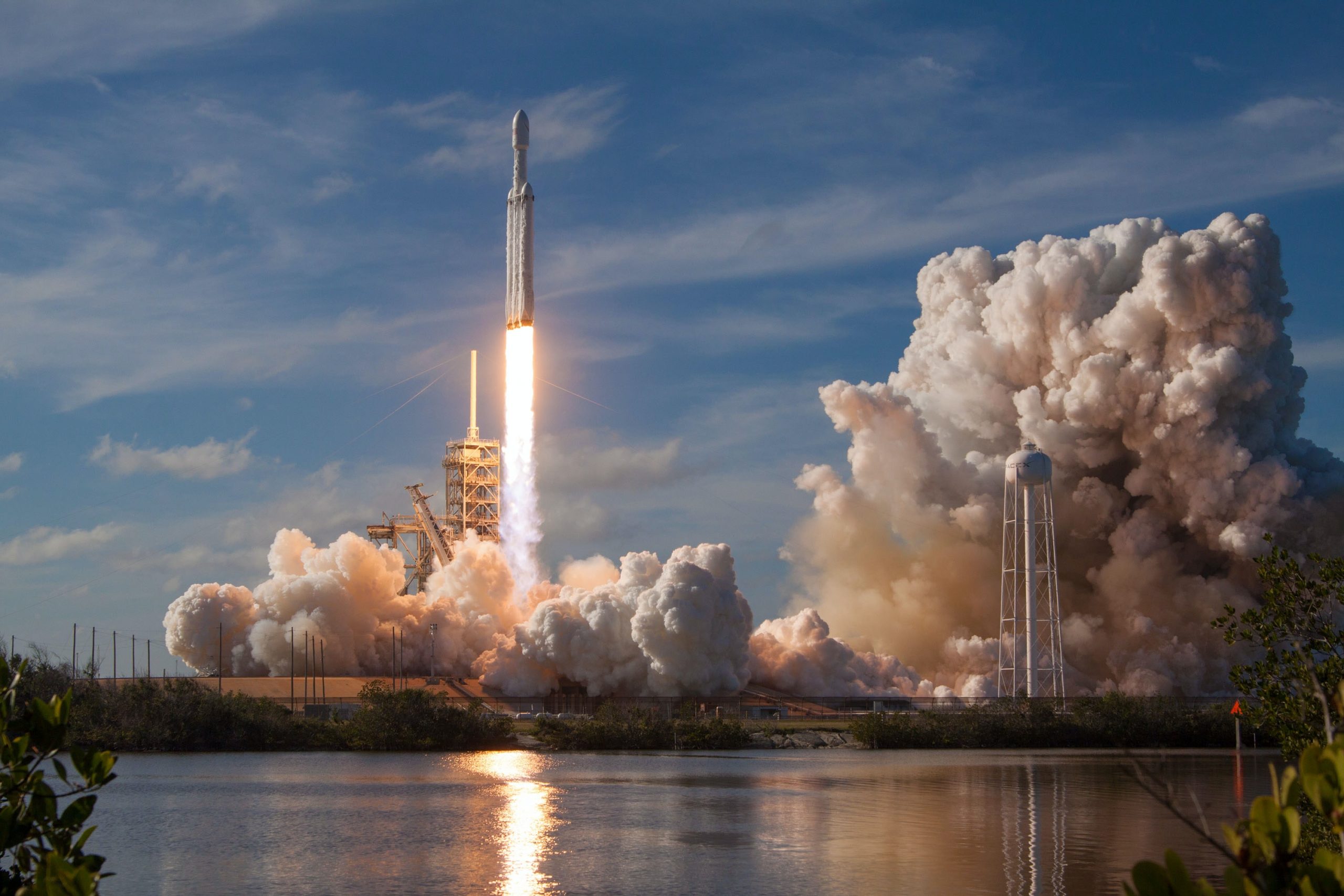
Advanced communities are already planning full 5G coverage and advancing in the deployment of nanosatellites. © SpaceX
The big promises of smart water
In recent years, smart water has played a leading role in the main discussion forums about water and the advance towards the SDG 6. The efficiency in the management of the water cycle has proven to be essential in the protection of the environment, beyond ensuring safety in the supply. Mankind cannot envisage a sustainable future without a deadline for the remission of untreated wastewater, which currently reaches an inadmissible 80% all around the world.
Here, digitalization proposes the merging of sanitation data with data on the status of water in rivers, aquifers and seas. Thus, the calculation of water use efficiency could improve its accuracy and usefulness by including data, for instance, on eutrophication, volume of fish catches and the state of mangroves or coral reefs. In this way, artificial intelligence linked to big data provides new and hopeful prospects for the development of nature-based solutions to restore the health of ecosystems.
Satellite information is another data source that is already enabling progress in the development of hydrological models that contemplate the monitoring of reservoirs, channels, rivers, snow or aquifers to facilitate the efficient management of basins and irrigated land. Algorithms applied to weather forecast, along with data from ground sensors, will also manage to forecast floods with increasing accuracy, warning the urban sanitation systems of rainwater floods which, in some cases, exceed up to 100 times the flow of wastewater in the sewage system, as occurs in many tropical and subtropical cities.
There are also projects to incorporate them into the data of the water treatment and drinking water treatment plans which, properly interconnected, are the basis of the water reuse systems for domestic supply that are already in operation. Thus, in a future threatened by meteorological violence brought by climate change, advanced technology is destined to improve the environment and safety of citizens. Several companies are already developing applications in these fields that predict an accelerated and unstoppable development.
In the field of healthcare, the Covid-19 pandemic has allowed the development of virus detection systems in wastewater. This opens up a field of incalculable social benefits based on the detection and management of epidemics and pandemics, and allows us to foresee a future in which the water cycle will be fully integrated as a powerful tool for the management of collective health.
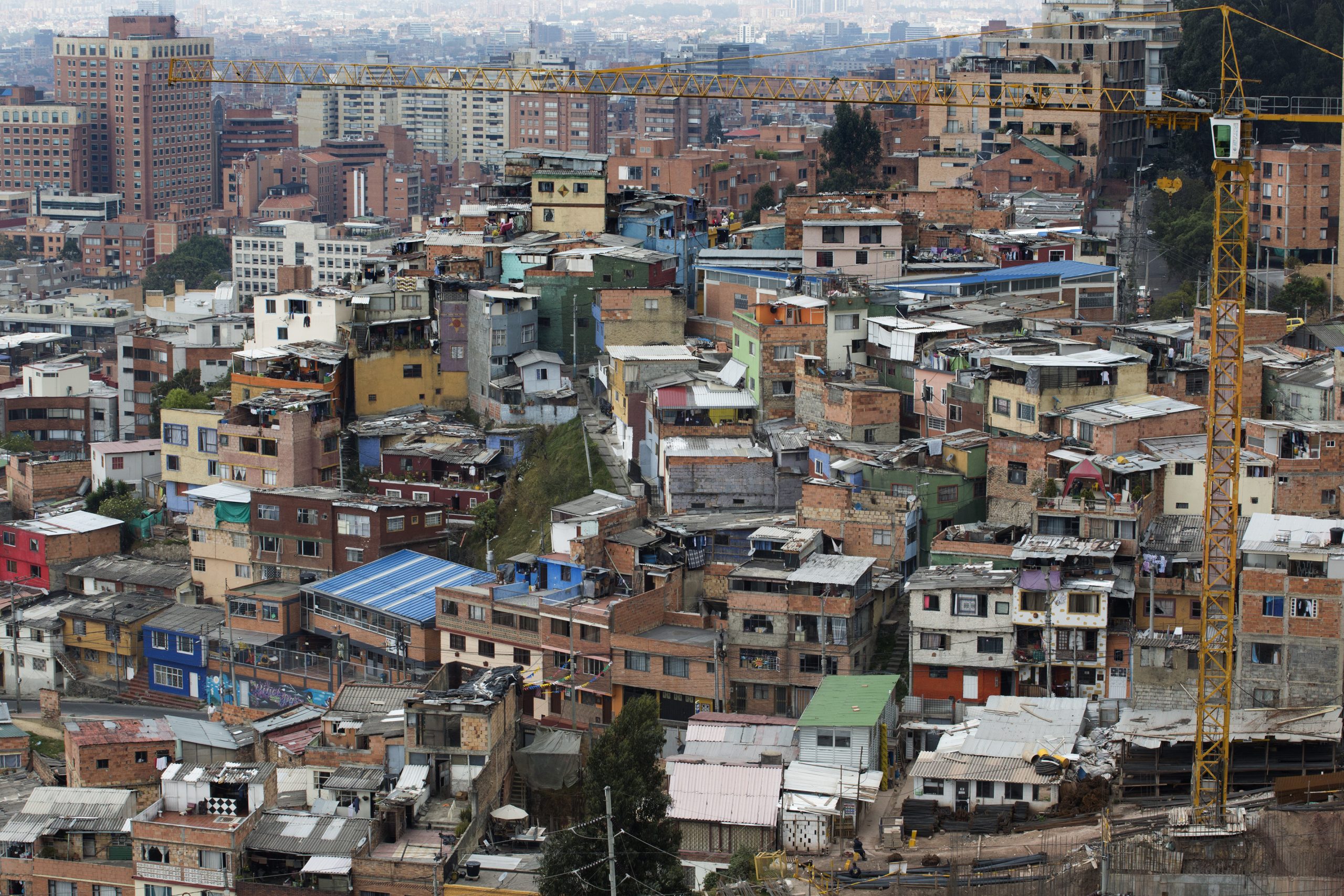
In the industrialized world, too, there are inequalities that hinder full integration of digital water management. © Dominic Chavez/World Bank
Smart is the way to go, but is it for everyone?
But it’s not all good news. We have already pointed out several times that such a development is not currently scalable to the entire planet, and that in many ways it is widening the technological gap. Talking about advanced data integration systems and algorithms at this level requires high levels of investment and governments predisposed to provide the necessary incentives.
The development framework in countries with more than 838 million people without sufficient access to drinking water and 2,100 without safe sanitation is light years away from that of advanced communities that are already planning full 5G coverage and advancing in the deployment of nanosatellites. According to World Bank data, only 10% of the planet has full digital connectivity, which gives an idea of the disadvantage faced by developing countries to join the bandwagon of smart water benefits.
In the industrialized world, too, there are inequalities that hinder full integration of digital water management. An integrated smart water cycle is generally unfeasible for small municipalities due to a lack of financial capacity, so they are forced to form committees to achieve it. These partnerships are focused on collaboration between the infrastructure builder, its operator, the technology developer and companies that provide solutions, which falls squarely within the scope of SDG 17: “Partnerships to achieve goals.”
Who makes the decisions?
An immense sea of data is awaiting. An interconnected world allows us to imagine a reality in which algorithms prevent famines, floods and epidemics; it is not a fantasy, even if it is still a long way off and does not guarantee equality for all the inhabitants of the Earth. However, over the last decade, there have been increasing warnings from those who criticize digital globalization and warn of the progressive transfer of power to big data and algorithms, which threatens to turn over decision-making to a few companies that have made the management of these large banks of information the basis of their profits.
Moreover, digital globalization and artificial intelligence make it possible to centralize the processing of information and the creation of algorithms favoring a manipulative political power opposed to the democratic principles of human rights or favorable to certain economic powers. There have already been in recent years incipient examples of how politics could be approached in the immediate future as a struggle to control data and algorithms.
According to the World Bank, in 2018 it was estimated that the richest 1% of the world owns 50% of the planet’s wealth. This richest world is the one that mostly concentrates scientific and technological knowledge associated with big data and artificial intelligence. Water stress and the need to adapt to climate change require technological solutions that may favor the acceptance of a “digital dictatorship” for the immediate and tangible benefits it brings, which would in all likelihood drastically favor those who have caused the problem and not those who most urgently need the solutions.
Control of water should not be the consequence of the concentration and centralization of digital power. It must be the result of full and transparent collaboration between governments, companies, institutions and citizens, which is essential to preserve the philosophy that inspires and is the basis of the Sustainable Development Goals.


